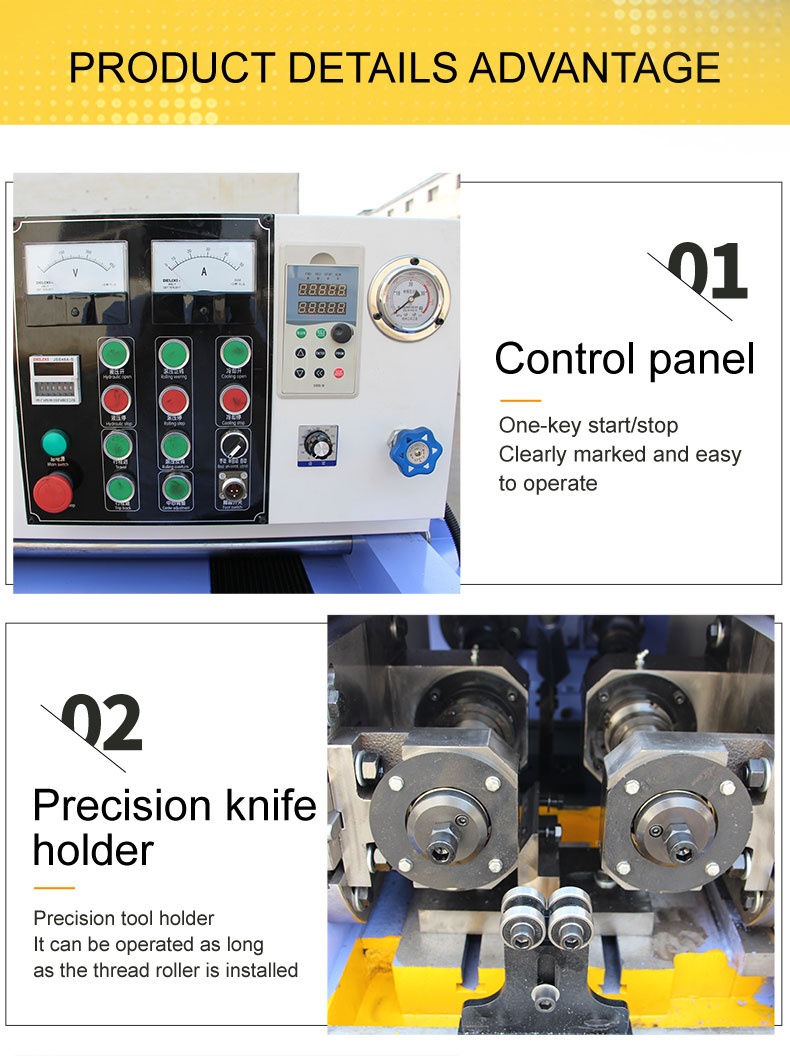
-
 Afrikaans
Afrikaans -
 Albanian
Albanian -
 Amharic
Amharic -
 Arabic
Arabic -
 Armenian
Armenian -
 Azerbaijani
Azerbaijani -
 Basque
Basque -
 Belarusian
Belarusian -
 Bengali
Bengali -
 Bosnian
Bosnian -
 Bulgarian
Bulgarian -
 Catalan
Catalan -
 Cebuano
Cebuano -
 Corsican
Corsican -
 Croatian
Croatian -
 Czech
Czech -
 Danish
Danish -
 Dutch
Dutch -
 English
English -
 Esperanto
Esperanto -
 Estonian
Estonian -
 Finnish
Finnish -
 French
French -
 Frisian
Frisian -
 Galician
Galician -
 Georgian
Georgian -
 German
German -
 Greek
Greek -
 Gujarati
Gujarati -
 Haitian Creole
Haitian Creole -
 hausa
hausa -
 hawaiian
hawaiian -
 Hebrew
Hebrew -
 Hindi
Hindi -
 Miao
Miao -
 Hungarian
Hungarian -
 Icelandic
Icelandic -
 igbo
igbo -
 Indonesian
Indonesian -
 irish
irish -
 Italian
Italian -
 Japanese
Japanese -
 Javanese
Javanese -
 Kannada
Kannada -
 kazakh
kazakh -
 Khmer
Khmer -
 Rwandese
Rwandese -
 Korean
Korean -
 Kurdish
Kurdish -
 Kyrgyz
Kyrgyz -
 Lao
Lao -
 Latin
Latin -
 Latvian
Latvian -
 Lithuanian
Lithuanian -
 Luxembourgish
Luxembourgish -
 Macedonian
Macedonian -
 Malgashi
Malgashi -
 Malay
Malay -
 Malayalam
Malayalam -
 Maltese
Maltese -
 Maori
Maori -
 Marathi
Marathi -
 Mongolian
Mongolian -
 Myanmar
Myanmar -
 Nepali
Nepali -
 Norwegian
Norwegian -
 Norwegian
Norwegian -
 Occitan
Occitan -
 Pashto
Pashto -
 Persian
Persian -
 Polish
Polish -
 Portuguese
Portuguese -
 Punjabi
Punjabi -
 Romanian
Romanian -
 Russian
Russian -
 Samoan
Samoan -
 Scottish Gaelic
Scottish Gaelic -
 Serbian
Serbian -
 Sesotho
Sesotho -
 Shona
Shona -
 Sindhi
Sindhi -
 Sinhala
Sinhala -
 Slovak
Slovak -
 Slovenian
Slovenian -
 Somali
Somali -
 Spanish
Spanish -
 Sundanese
Sundanese -
 Swahili
Swahili -
 Swedish
Swedish -
 Tagalog
Tagalog -
 Tajik
Tajik -
 Tamil
Tamil -
 Tatar
Tatar -
 Telugu
Telugu -
 Thai
Thai -
 Turkish
Turkish -
 Turkmen
Turkmen -
 Ukrainian
Ukrainian -
 Urdu
Urdu -
 Uighur
Uighur -
 Uzbek
Uzbek -
 Vietnamese
Vietnamese -
 Welsh
Welsh -
 Bantu
Bantu -
 Yiddish
Yiddish -
 Yoruba
Yoruba -
 Zulu
Zulu
Explore the Process of CE Certified Thread Rolling Machines in Action
Understanding CE Certification for Thread Rolling Machines
Thread rolling machines play a pivotal role in various industries, automating the production of threaded components and ensuring precision in manufacturing. Given the increasing demand for quality and reliability in machine tools, manufacturers are focusing on obtaining CE certification. This certification indicates that a product meets the essential safety and environmental protection requirements set out by the European Union.
What is CE Certification?
CE marking stands for Conformité Européenne, which translates to European Conformity. It signifies that a product complies with the necessary European health, safety, and environmental protection standards. For thread rolling machines, the CE certification is crucial not only for market access in Europe but also as a guarantee of quality and safety for users.
Importance of CE Certification for Thread Rolling Machines
1. Market Access In order for products to be sold in the European Economic Area (EEA), they must bear the CE mark. This designation allows manufacturers to sell their thread rolling machines in markets with stringent regulations, thus expanding their reach.
2. Safety Assurance CE certification ensures that the machinery meets the necessary safety standards, reducing the risk of accidents in the workplace. This is vital for protecting operators and supporting a safer working environment.
3. Quality Control The process of obtaining CE certification involves rigorous testing and quality control measures. This commitment to adherence to standards helps manufacturers improve their products and processes, leading to better performance and longer-lasting equipment.
ce certification thread rolling machine video

4. Competitive Advantage Possessing CE certification can provide manufacturers with a competitive edge. It demonstrates a commitment to quality and safety, which can be appealing to buyers, especially in an environment where consumers are increasingly prioritizing these factors.
The Certification Process
Achieving CE certification involves several steps. Firstly, manufacturers must identify the applicable EU directives and regulations relevant to their thread rolling machines. Common directives include the Machinery Directive, which outlines safety requirements for machines.
Next, manufacturers conduct a risk assessment and ensure that their product meets the essential requirements outlined in the applicable directives. This may involve designing the machine with various safety features, such as guards, emergency stops, and clear operational instructions.
After the necessary modifications, manufacturers may need to have their equipment tested by a Notified Body, which can verify compliance through rigorous examinations and testing. Once the machine passes these evaluations, it is eligible for CE marking, allowing it to be marketed within the EEA.
Conclusion
In summary, CE certification is vital for thread rolling machine manufacturers aiming to enter the European market. It not only facilitates broader market access but also enforces safety and quality standards that protect operators and enhance the reputation of the machinery. As global trade continues to expand, maintaining compliance with international standards such as CE marking will be increasingly important for manufacturers looking to compete in a global landscape.
For those interested in seeing the details of the CE certification process and its implications, various videos and resources are available online, illustrating the importance of this certification in the manufacturing of thread rolling machines.
